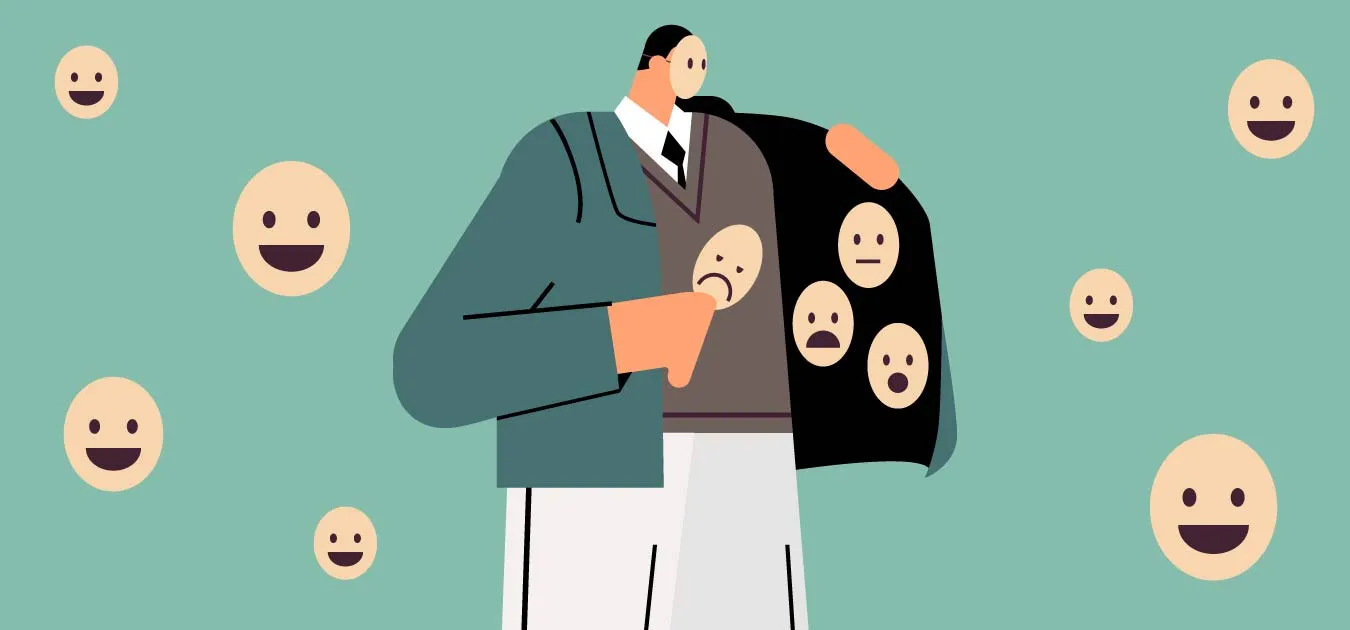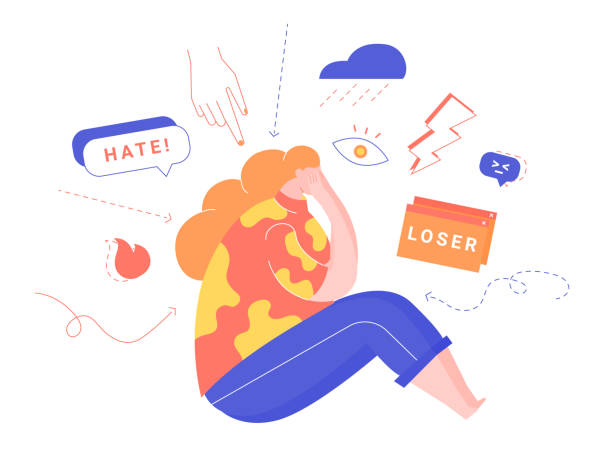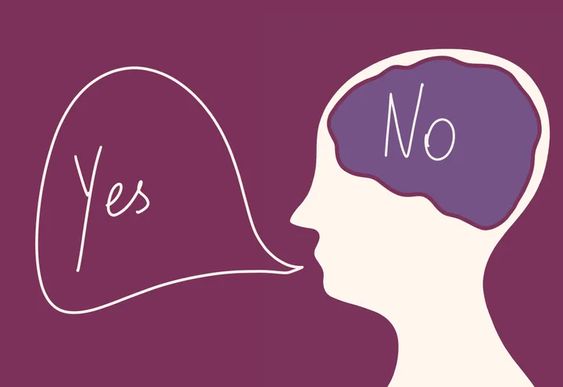
I Was A People-Pleaser Too. Here's How I Learned To Be Kinder To Myself
There’s a big difference between being kind and being a people-pleaser. Being nice and helping others is part of being human, but when we put others’ needs ahead of our own all the time, we can lose ourselves, and sometimes even feel depressed. It turns genuine care and connection into something less real.
 Photo from Freepik
Photo from Freepik
Confessions of a people-pleaser

I used to believe that being kind meant never hurting others, even if it hurt me. I judged people by how nice they were. It wasn't until I started feeling the effects on my own well-being that I realised I was a people-pleaser.
Why? If you ask me, being selfless and empathetic was the best thing I could offer to the people around me. My friends and family relied on me heavily, even up until now. I had little to no personal space or time for myself. My mental health was going down the drain, and I didn't even realise it. Until one day, my logical sense kicked in and said it was enough.
Back to the root
People-pleasing often comes from wanting to be liked, which starts in childhood and can be influenced by cultural norms and insecurity. When we always try to please others, it's usually because we fear rejection or worry about not fitting in. These habits can also come from trying to be perfect or from past experiences that were difficult. For example, kids who receive praise for being helpful may learn to prioritise pleasing others.
Insecurity and low self-esteem
 Photo from Nadezhda Fedrunova/Getty Images/iStockphoto
Photo from Nadezhda Fedrunova/Getty Images/iStockphoto
Feeling unsure about ourselves is a big part of people-pleasing. When we can’t validate our own needs, we seek approval from others. We worry that asserting ourselves might push people away, so we focus on making them happy. People-pleasing can hide deeper feelings of insecurity or past hurts. It becomes a way to feel safe and secure.
Perfectionism
For those who often aim to please also tend to seek perfection. They want control over how others perceive them, which can lead them to sacrifice their own needs to maintain likability.
Avoiding conflicts
Some people are afraid of conflicts and confrontation. A friend of mine who's dealing with this issue told me it's always scary and daunting for her to be in such situations. For them, it's always better to go with the flow of what people may suggest.
How to stop being a people-pleaser and be kinder to yourself
#1 Learn to say no
 Photo from Mikroman6/Getty Images
Photo from Mikroman6/Getty Images
Saying no doesn't mean you're hurting others; it's about setting boundaries and looking out for yourself.
I discovered a surprisingly happy life when I began prioritising what feels right for me and started saying no. Trust me, when I first started turning people down, it was terrifying, and I was constantly overthinking it. But one day I realised it made me more practical and freed me from pretending to be someone I'm not, like finally breathing fresh air.
Saying no doesn't have to damage relationships. If it does, it's not your fault. You can't control how others react, but you can learn to prioritise your own well-being—that's the lesson I've learned.
#2 Never follow blindly

It is not good to hide our feelings and go along with things we're not okay with. If something doesn't sit right with us, it's important to address it right away. Take this as an opportunity to say you disagree with the plan. I don't ignore things that don't feel right to me. If something isn't making us happy, it's okay to speak up and try to fix it instead of just accepting it to avoid problems.
Do what feels right and is okay with your conscience. It's fine if you're happy with yourself. You can't expect everyone to like you or always see things from someone else's viewpoint. Sometimes, people got to learn and understand from your point of view as well.
#3 Understand yourself better
 Photo from Adobe Stock
Photo from Adobe Stock
Get a clear understanding of what really matters to us—our own purpose, what we stand for, our dreams, and what we want to achieve. It's important to know what we're willing to agree to and what doesn't align with our goals. When we constantly prioritise what others want over our own needs, we miss out on so many opportunities that could bring us happiness and fulfilment.
#4 Take a moment before deciding
 Photo from lifeforstock on Freepik
Photo from lifeforstock on Freepik
Being a people-pleaser means others often come to us for help. When someone asks us to do something, don't rush to answer immediately. Control the urge to reply to that text right away; it can wait. Pause and think about how we feel—does saying yes make us feel overwhelmed, anxious, or guilty? Instead, ask for time to consider it. Let them know we'll give them an answer in a few days. This gives us the space to think it over, see how it fits with our other commitments, and respond in a way that best meets our needs.
And last but not least,
#5 Celebrate your progress
Recognise how far you've come in overcoming people-pleasing. It's not easy, and many people shy away from the challenges and get uncomfortable — but you’re doing it. Take moments to celebrate each small victory along the way and give yourself credit for your progress. Recognise the effort you've put in—you deserve it!





